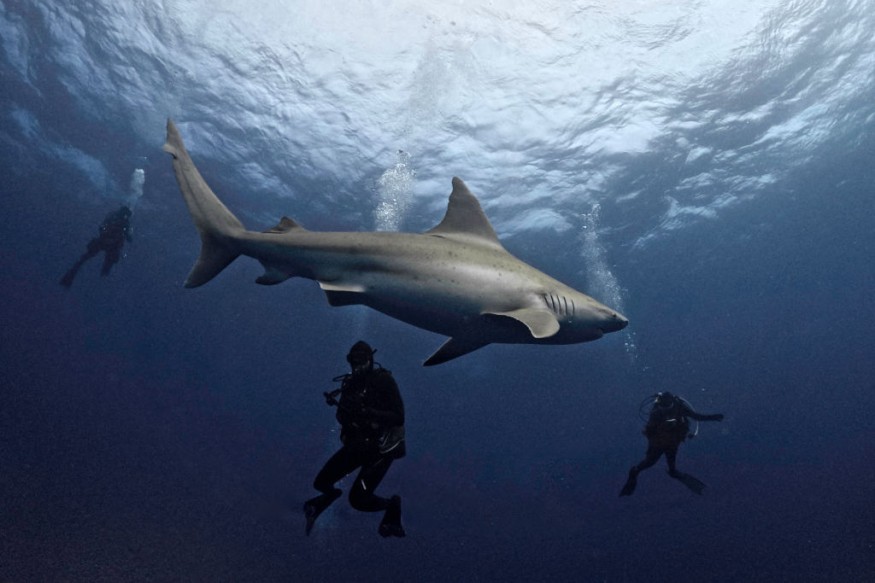
A new study suggests that attaching LED strip lights to the underside of surfboards could reduce the risk of great white shark attacks. Researchers from Macquarie University in Australia conducted the study in Mossel Bay, South Africa, an area known for frequent great white shark sightings.
Their findings, published in Current Biology, indicate that LED lights can alter the silhouette of a surfboard, making it less likely to attract the attention of these marine predators.
Scientists Test 'Disruptive Camouflage' to Protect Surfers from Great White Sharks
Great white sharks, which are responsible for the majority of human fatalities caused by shark bites, often attack by mistake. According to the BBC, they are thought to confuse a surfer's silhouette with that of their natural prey, such as seals, when viewed from below against sunlight.
This confusion arises because the bright sunlight creates stark silhouettes on the water's surface, making it easy for sharks to detect and target potential prey.
To test their theory, scientists attached LED lights in different configurations to seal-shaped boards, which were then towed behind a boat. These boards acted as decoys to simulate the silhouette of a seal or surfer. Over several hours, researchers observed how the lights affected shark interactions. They found that the brightest, horizontally aligned lights were the least likely to attract the predators.
How LED Lights Mimic Nature to Prevent Shark Attacks
The lights work by disrupting the clear, dark silhouette of a potential target. This concept, known as "disruptive camouflage," mimics a natural defense strategy employed by some marine species that emit light from their undersides to blend into the brighter ocean surface above.
Laura Ryan, the lead researcher, explained that while sharks lack color vision and have limited visual acuity, they rely on silhouettes to identify prey. By obscuring these silhouettes, the LED lights could significantly reduce the likelihood of an attack, the Independent said.
Importantly, the researchers believe this non-invasive approach could be a safer alternative to traditional shark deterrents like nets or drones. Unlike nets, which can harm marine life, or drones, which require active monitoring, LED lights offer a passive and potentially more sustainable solution.
The study also highlights the need to explore whether LED lights are effective against other shark species known to attack humans, such as bull sharks and tiger sharks.
In 2023, there were 69 unprovoked shark bites worldwide, 10 of which were fatal. Most incidents occurred in countries like the United States, Australia, and South Africa, where surfing and other water sports are popular.
As the next step, the researchers are developing prototype LED lighting strips for surfboards and kayaks. If successful, this innovation could help protect both humans and marine ecosystems by reducing harmful interactions.
© 2026 ScienceTimes.com All rights reserved. Do not reproduce without permission. The window to the world of Science Times.












